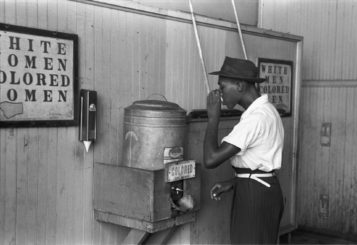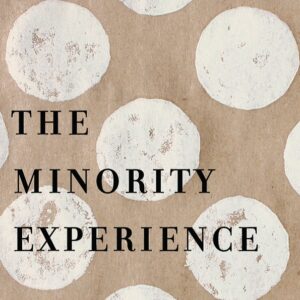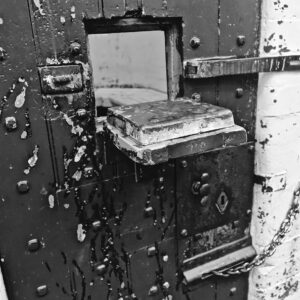
We are all racist in some ways. We all make judgments based on externalities. We all categorize—it is the mind’s natural state to sort and order and try to contain all the disparate information our brains are constantly receiving , which means we all place people in boxes with labels. This is the means whereby we attempt to order a disordered world. This is our means of trying to control a world too big for us. This is the human condition.
It is also the human condition to prefer ourselves over others. To make ourselves look better than others. To seek our own well-being above the well-being of others.
We are also often willfully blind, preferring to suppress and ignore God’s glorious image inherent in every person of every color, shape and nationality. Our view of God is too small.
We are also lazy, preferring clichés and simple labels that allow us to ignore the true complexity of the world and its peoples.
We are also afraid, that goodness and abundance will run out. That others’ success will diminish our own.
We are all racist in some ways.
We are willfully blind, preferring to suppress and ignore God’s glorious image inherent in every person of every color, shape and nationality. Our view of God is too small.
To say this is not a statement of despair but rather a statement of hope. For there is no hope for us until we see ourselves as we are. There is no rescue from our condition until we recognize the immensity of our lostness and darkness.
“Lord, I am a sinful man!” Peter cried out when he glimpsed the holiness and perfection of Christ.
And so are we all. There is no hope for us until we can say these words: “Lord, we are sinful people!” Now there is hope, because these are the very people Jesus came to rescue.
There is no rescue from our terminal human condition apart from Christ. He alone frees us from blindness, captivity, self-adoration. He frees us to see the beauty of God in every human being. He frees us to love all others and to recognize them as sisters and brothers. He frees us to joyfully lay down our lives for one another.
Let us live, then, not in our human condition but in our rescued condition: as the freed, redeemed, loving people of God.
Leslie Leyland Fields is the author of ten books; her most recent is Crossing the Waters: Following Jesus through the Storms, the Fish, the Doubt and the Seas. She speaks, teaches and leads writing workshops around the country, and is the founder of the Harvester Island Wilderness Workshop, where Ann Voskamp will help lead in 2018. Leslie lives in Kodiak, Alaska, and commercial salmon fishes every summer with her husband and six children. She blogs weekly about culture, faith and her Alaskan life here, where this article first appeared.


